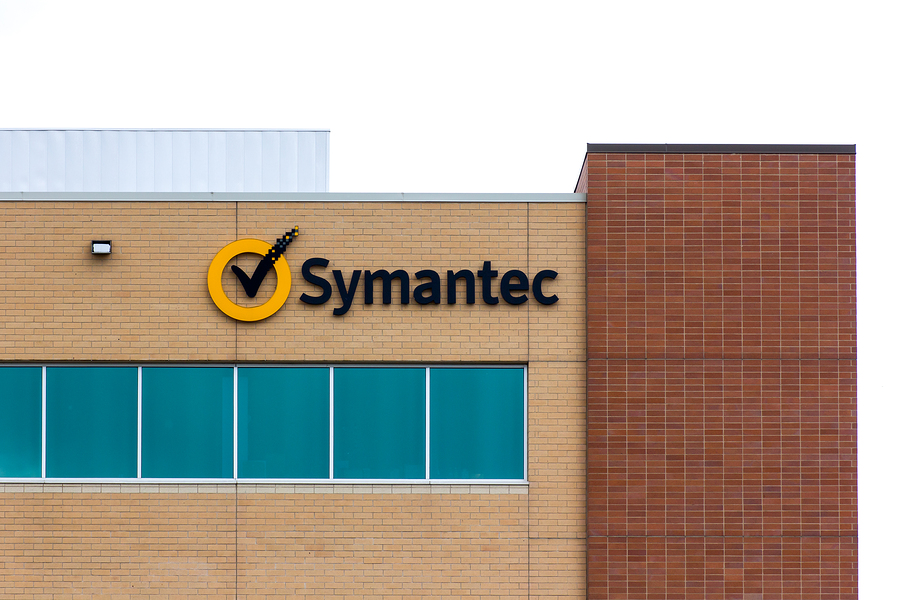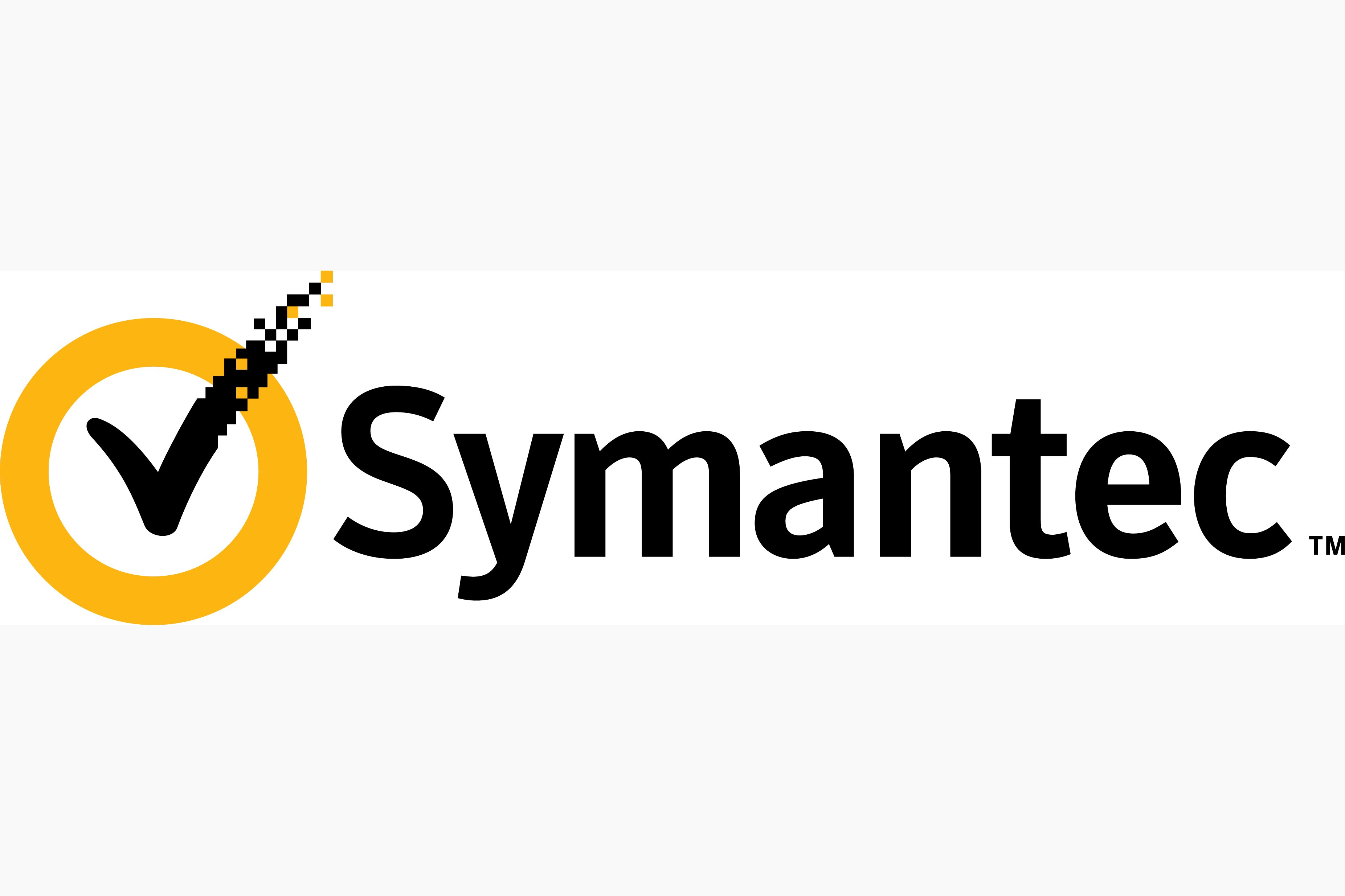Attack kit spike making cyber crime easy
Even novices can now make money from cyber crime thanks to the rise in malicious toolkits.


The proliferation of attack toolkits has made cyber crime possible for novices and experts alike, a report has indicated.
Such kits have become increasingly easy to use, extending cyber crime's reach even further, Symantec said.
In today's world, most malicious internet attacks emanate from such kits, allowing the user to launch various pre-written threats, the security giant said.
Furthermore, updating these attack kits has become increasingly simple, meaning new vulnerabilities can be exploited quicker.
"In the past, hackers had to create their own threats from scratch. This complex process limited the number of attackers to a small pool of highly skilled cyber criminals," said Stephen Trilling, senior vice president at Symantec Security Technology and Response.
"Today's attack toolkits make it relatively easy for even a malicious novice to launch a cyber attack. As a result, we expect to see even more criminal activity in this area and a higher likelihood that the average user will be victimised."
Whilst the availability of these kits has increased, the cost of them has rocketed as well.
Get the ITPro daily newsletter
Sign up today and you will receive a free copy of our Future Focus 2025 report - the leading guidance on AI, cybersecurity and other IT challenges as per 700+ senior executives
Back in 2006, a popular toolkit called WebAttacker sold for $15 a pop, but just last year a Zeus 2.0 kit was going for up to $8,000, Symantec figures revealed.
Zeus kits have proven particularly popular, perhaps unsurprisingly. Hackers have used the Zeus Trojan on numerous occasions to acquire significant funds.
Last year, cyber criminals used Zeus to steal 675,000 from a UK bank between 5 July and 6 August.
The most prevalent attack kits are MPack, Neosploit, ZeuS, Nukesploit P4ck and Phoenix, the security firm said.
Tom Brewster is currently an associate editor at Forbes and an award-winning journalist who covers cyber security, surveillance, and privacy. Starting his career at ITPro as a staff writer and working up to a senior staff writer role, Tom has been covering the tech industry for more than ten years and is considered one of the leading journalists in his specialism.
He is a proud alum of the University of Sheffield where he secured an undergraduate degree in English Literature before undertaking a certification from General Assembly in web development.
-
 Should AI PCs be part of your next hardware refresh?
Should AI PCs be part of your next hardware refresh?AI PCs are fast becoming a business staple and a surefire way to future-proof your business
By Bobby Hellard Published
-
 Westcon-Comstor and Vectra AI launch brace of new channel initiatives
Westcon-Comstor and Vectra AI launch brace of new channel initiativesNews Westcon-Comstor and Vectra AI have announced the launch of two new channel growth initiatives focused on the managed security service provider (MSSP) space and AWS Marketplace.
By Daniel Todd Published
-
 Power stations under attack from long-running hacking campaign
Power stations under attack from long-running hacking campaignNews Dragonfly threat group is ramping up activities, say researchers
By Adam Shepherd Published
-
 Symantec profits surge as firms prop up their cyber defences
Symantec profits surge as firms prop up their cyber defencesNews The company also announced plans to sell its web certificate business
By Dale Walker Published
-
 Symantec to pay $4.65 billion to acquire Blue Coat
Symantec to pay $4.65 billion to acquire Blue CoatNews Greg Clark to become Symantec CEO, promising new cloud security
By Aaron Lee Published
-
 Symantec ditches reseller guilty of scamming PC users
Symantec ditches reseller guilty of scamming PC usersNews Silurian told people they had malware, then sold them Norton Antivirus for $249
By Joe Curtis Published
-
 NATO builds up cyber alliance with Symantec tie-in
NATO builds up cyber alliance with Symantec tie-inNews Military industrial link up to fight cyber attacks
By Rene Millman Published
-
 Junk emails fall to their lowest rate in 12 years
Junk emails fall to their lowest rate in 12 yearsNews Spam is dropping, says Symantec, but other malware threats are on the rise
By Joe Curtis Published
-
 Kaspersky: "We have never been asked to whitelist malware"
Kaspersky: "We have never been asked to whitelist malware"News A company blog has revealed neither government nor any other entity has asked it to stop detecting malware
By Clare Hopping Published
-
 Symantec confirms split into separate security & storage entities
Symantec confirms split into separate security & storage entitiesNews Storage and security will be separated as Symantec tries to boost sales in both
By Adam Lee Published